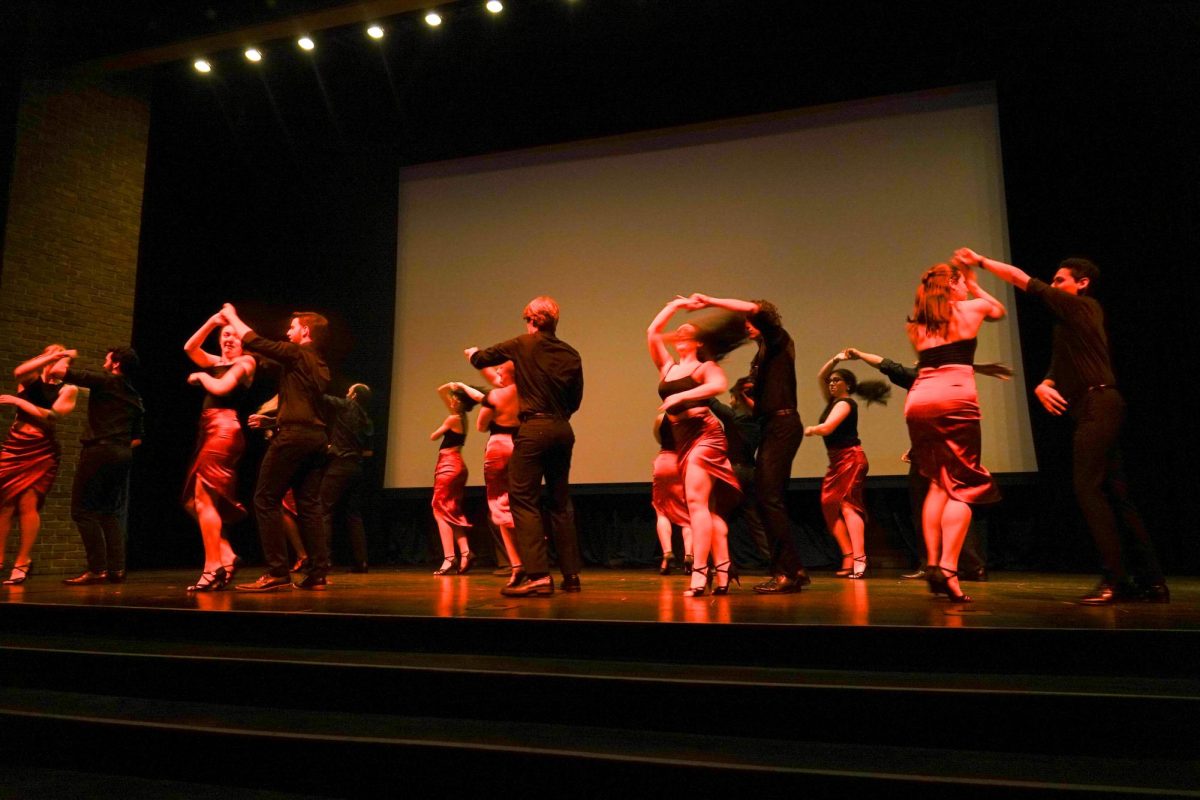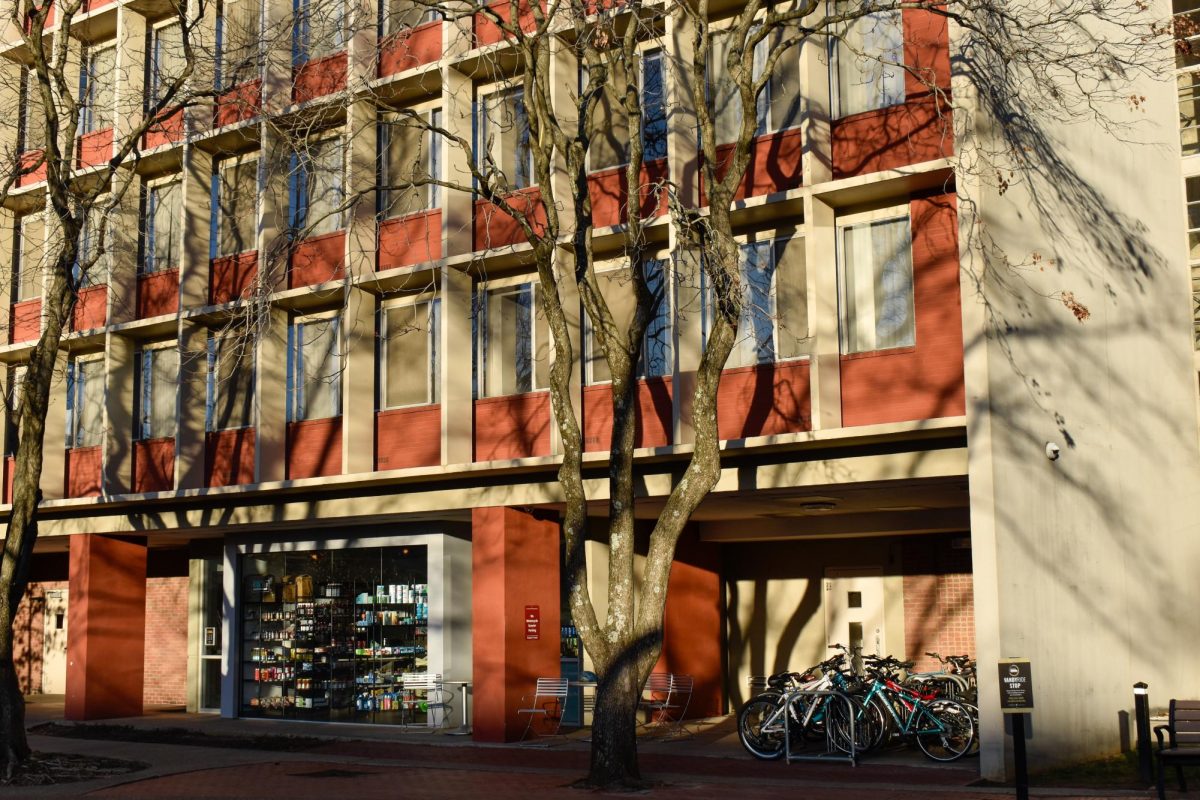In her article “Stanford’s War on Social Life,” journalist Ginevra Davis examines the top-ranked university’s sweeping removal of many campus social organizations. In an effort to reform its extracurricular landscape, Stanford has gone beyond participating in the recent trend of banning fraternities and sororities and has even removed other clubs from their on-campus houses. In many ways, these actions have backfired by depriving students of outlets for making friends and feeling included in more intimate communities. Reading Davis’s article prompted me to think about ways Vanderbilt’s housing model could be better tailored to develop a sense of community and unite students with similar interests. This goal can be achieved by doing the opposite of what Stanford has done: by incorporating student interests into residential life.
Vanderbilt’s four-year, on-campus residential requirement is a cornerstone of the school’s initiative to build communities which “foster learning, personal development, academic achievement and successful transitions for both new students and graduates.” This approach is backed by research: students who live on college campuses have been shown to have more opportunities to interact with faculty members and easier access to campus resources.
The on-campus housing at Vanderbilt is currently in a transitional phase. Old buildings like Carmichael Towers and Highland Quad have been or will soon be demolished to make way for new residential colleges. Residential College C, for example, is currently under construction on main campus. The goal of this residential college system is to unite students from different backgrounds by mitigating self-segregation on campus and to create a community which extends beyond the current academic year. However, students have reported feeling lonely and isolated in their residential colleges – places with closed doors and quiet hallways – which have some suites but are largely composed of single and double dorm-style rooms. Socially, it seems as if residential colleges are not spaces for rich, lively community in the way Vanderbilt wants them to be. What can be done about this?
Vanderbilt, along with other colleges and universities, is tasked with a lot – it is not only an academic institution, but a place for students to live out our formative college years while we develop strong friendships and a competency to navigate the workplaces, cities and organizations we will move onto after we graduate.
An option could be grouping students by living habits, similarly to the way random roommates are paired. Students fill out a questionnaire, which could be made more extensive, that asks questions like what time they go to bed and how they plan to use the room. Relying more on this survey to configure cohorts of students who share a living style would allow students to live in spaces that make the most sense for their personalities, noise preferences, and study habits.
Down to the details of the physical space, incorporating more “micro” common spaces throughout residential colleges, like more kitchens and movie rooms, could create opportunities for students to spend casual time together in a space other than a dining hall or dorm room. Designating these spaces for social activities would prevent them from feeling like sterile, silent homework spaces.
I studied abroad last year with DIS Copenhagen, and this program seems to have mastered a formula for incorporating smaller community spaces into student housing. Students who live on campus have access to communal kitchens, but, at DIS, there were many more kitchens which were connected to common rooms with couches and tables for eating, playing games or just hanging out. We had monthly group dinners, which were typically well-attended and sponsored by the program. Different residents would volunteer to help cook the meal. Other programming like sustainability challenges and group walks around the neighborhood were fun and casual ways to interact with people on my floor who I may not have met otherwise.
Beyond these considerations, Vanderbilt might also consider how the college experience should carry us into life after we graduate. Are students who have been on the meal plan for four years prepared to cook for themselves once they live in a house or apartment for the first time? Will college graduates be prepared to navigate living in a new city if they have been largely confined to on-campus life?
It is impossible to design a “perfect” residential space: one that steers students away from self-segregation and toward a socially unified student body, provides them easy access to necessary services while still preparing them for post-graduate life and is a balance of fun and safety. Vanderbilt, along with other colleges and universities, is tasked with a lot – it is not only an academic institution, but a place for students to live out our formative college years while we develop strong friendships and a competency to navigate the workplaces, cities and organizations we will move onto after we graduate. As such, the university’s new phase of on-campus housing should consider the student as a whole person and work to provide spaces that encourage growth and community.






















